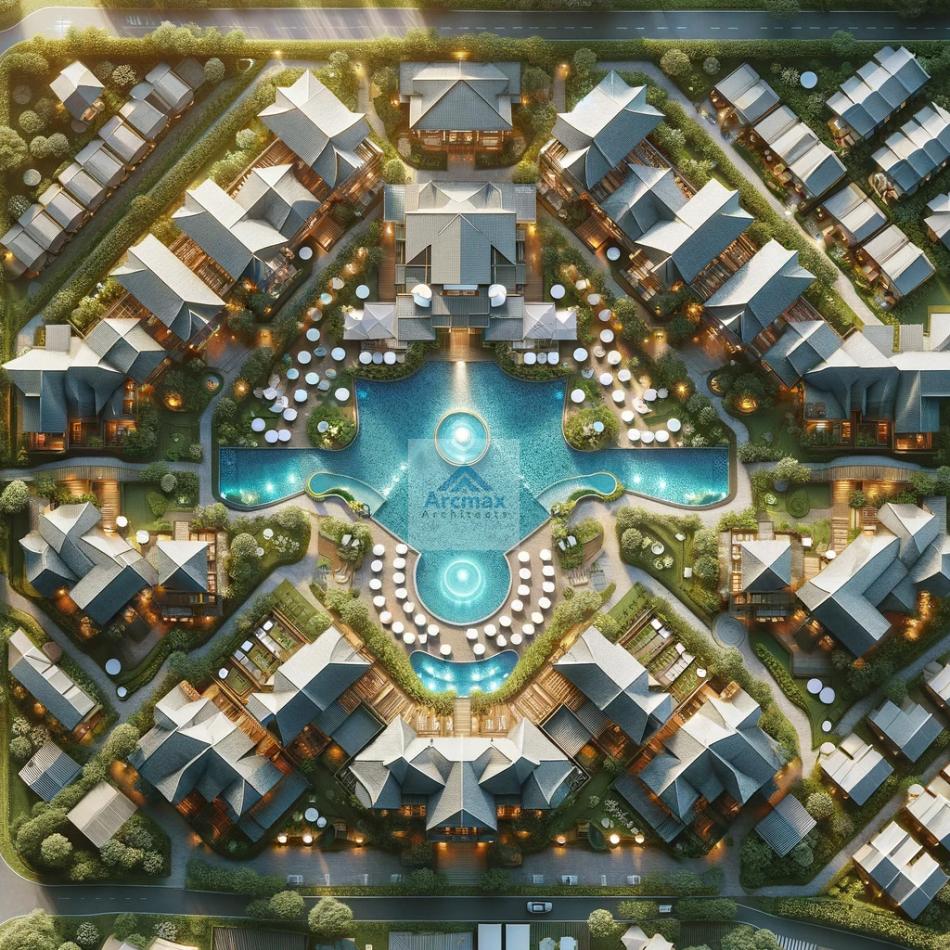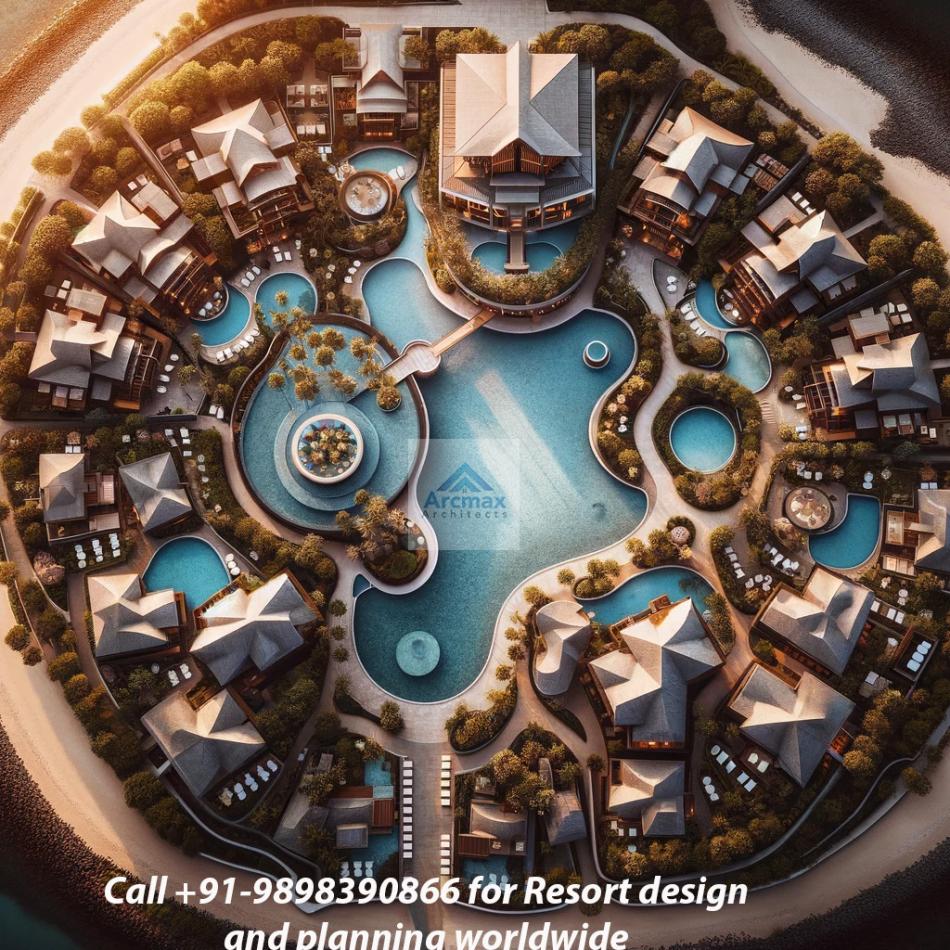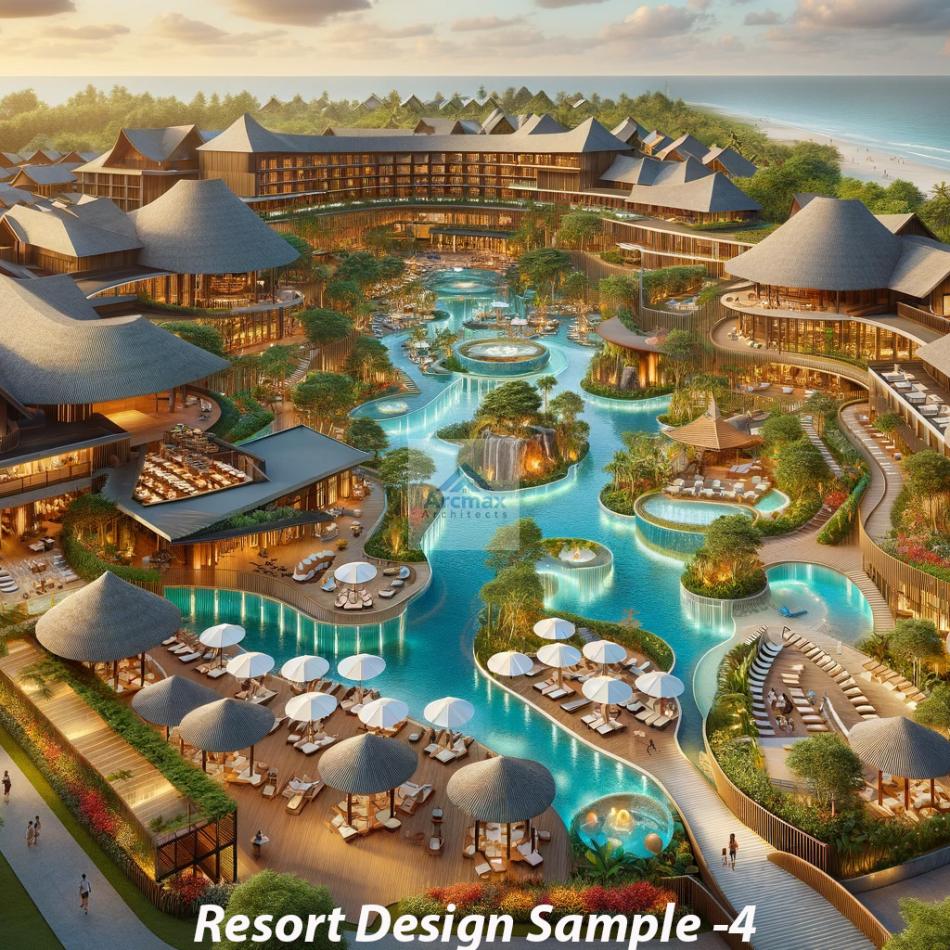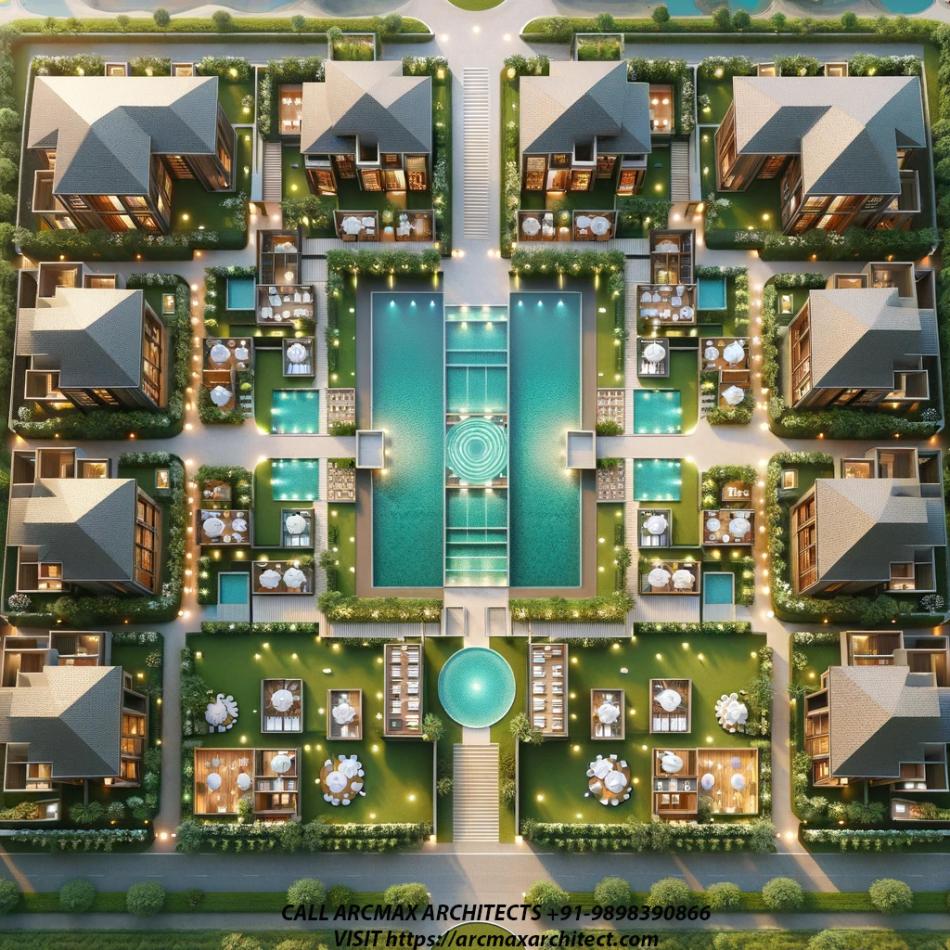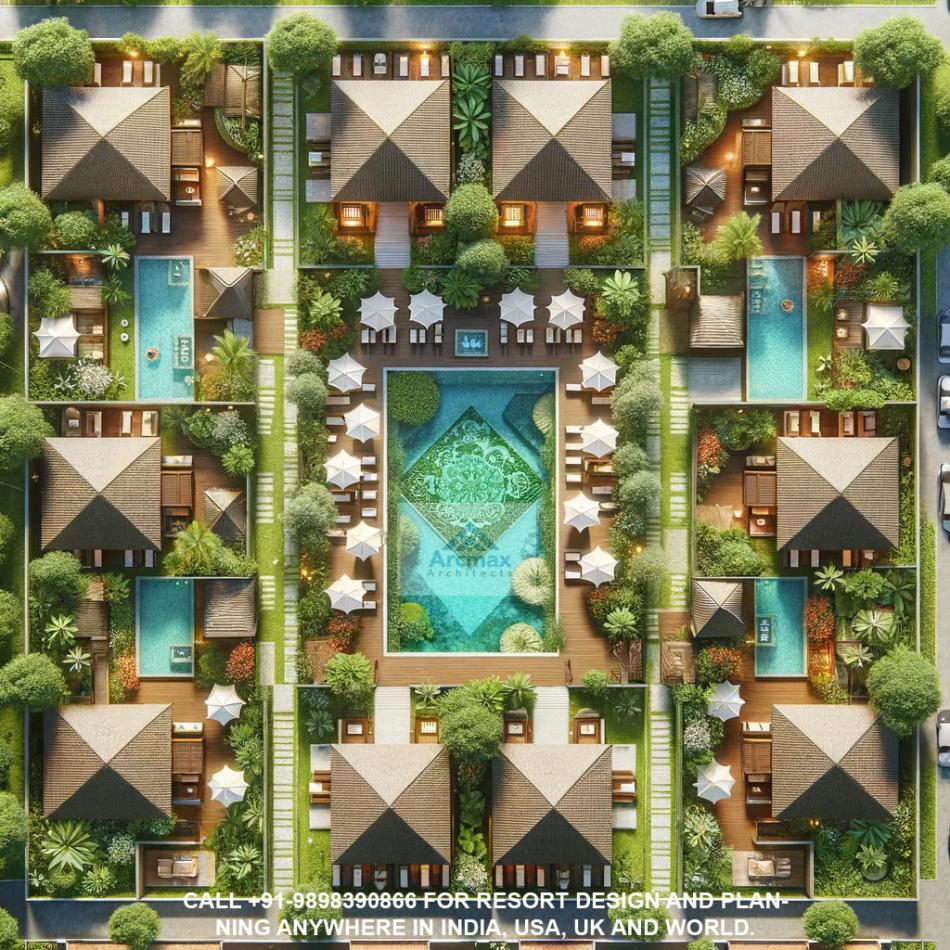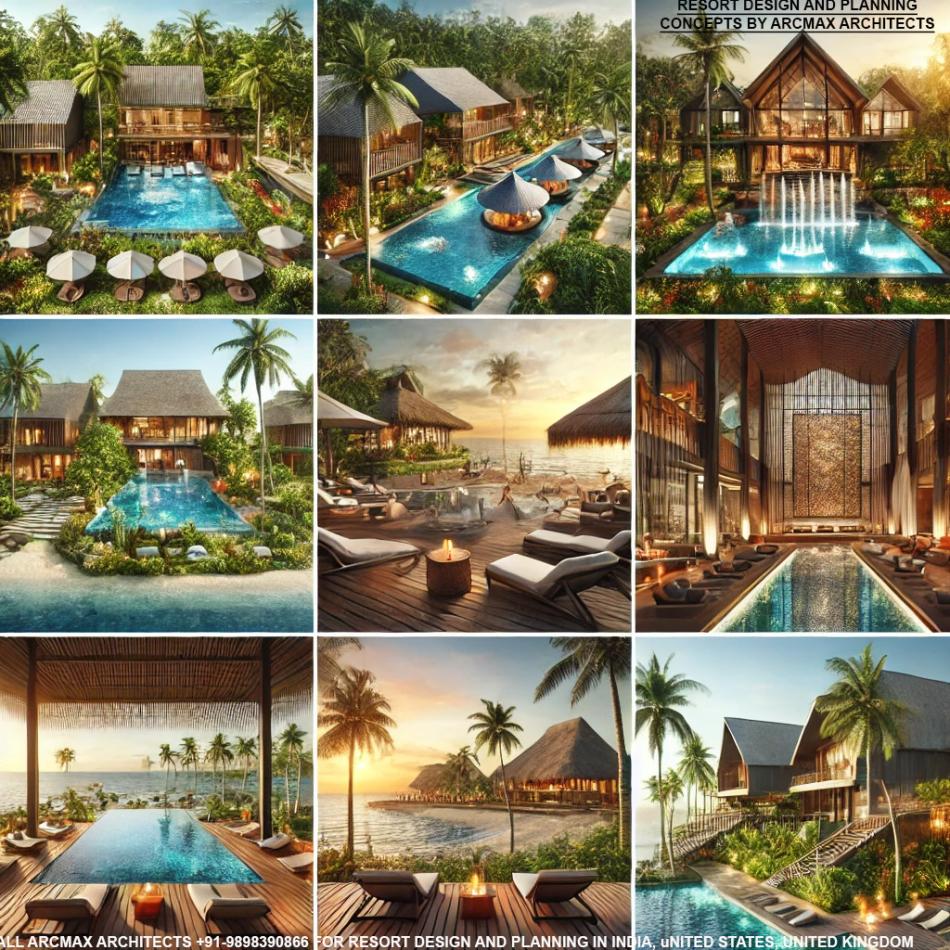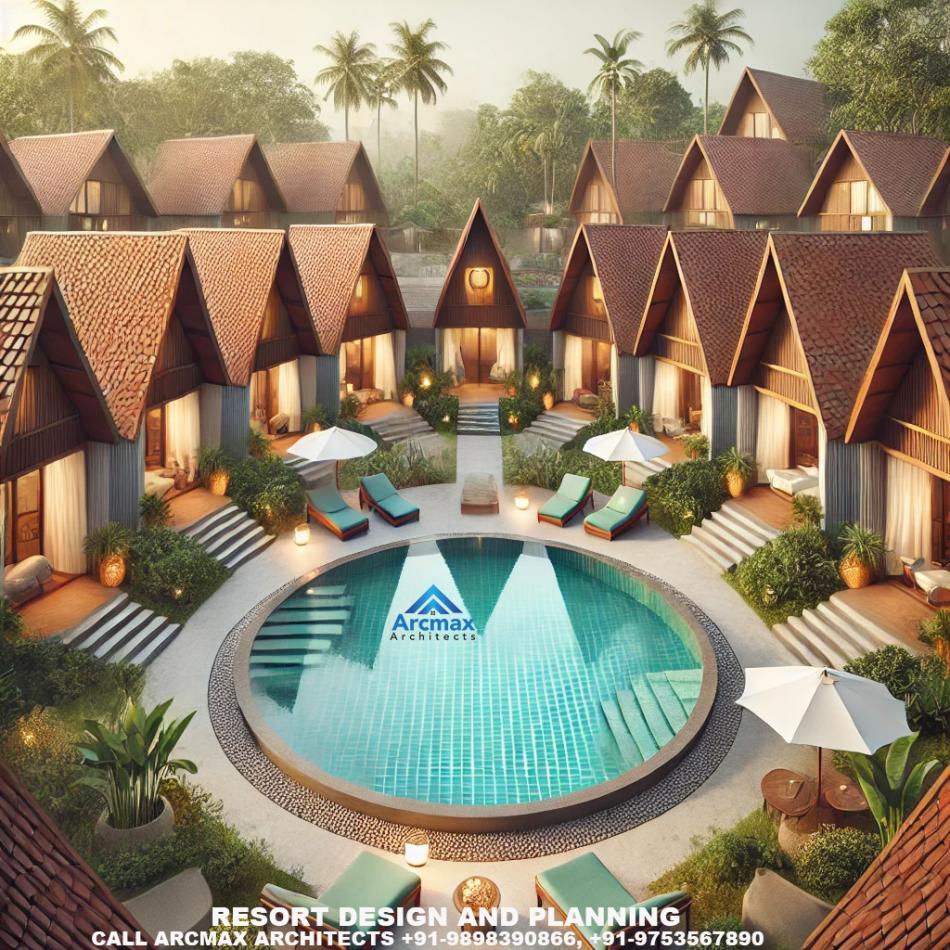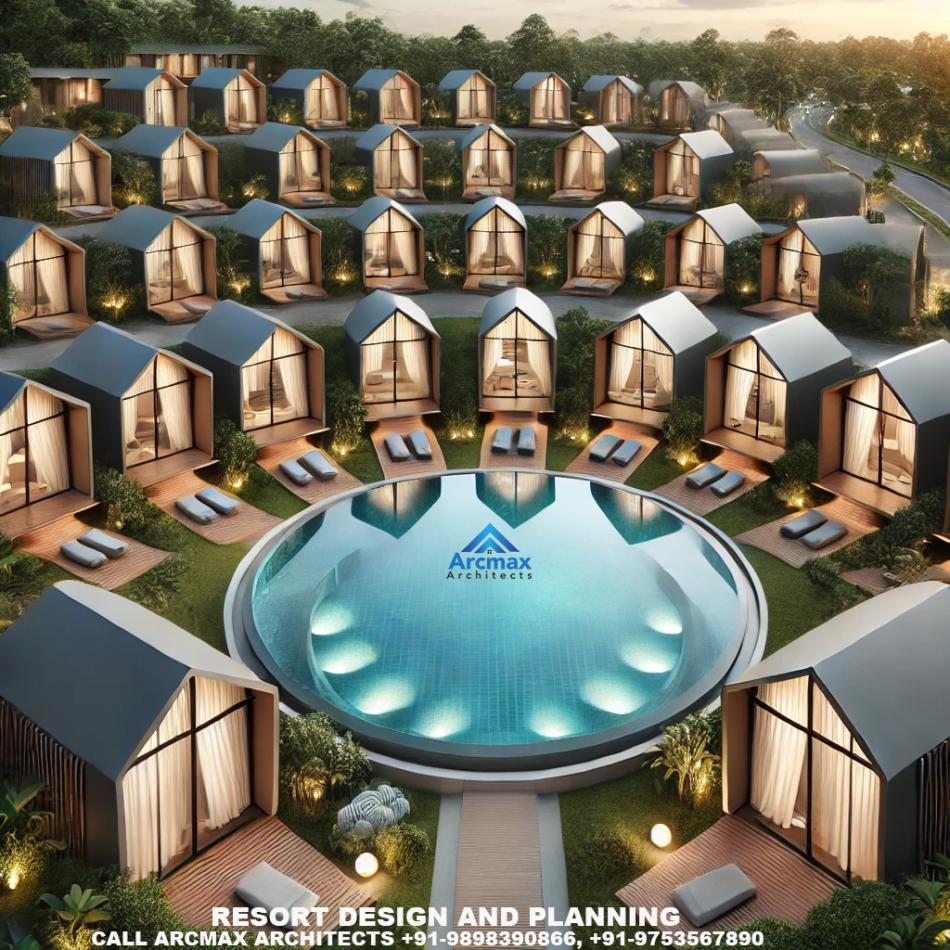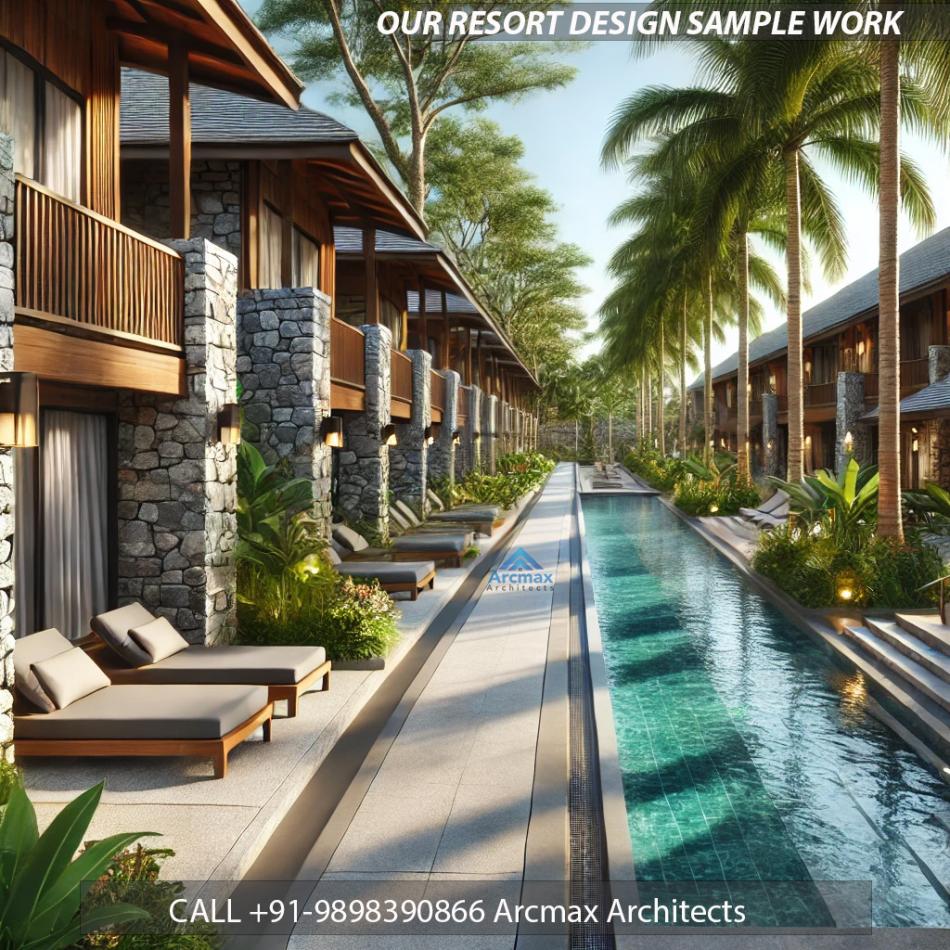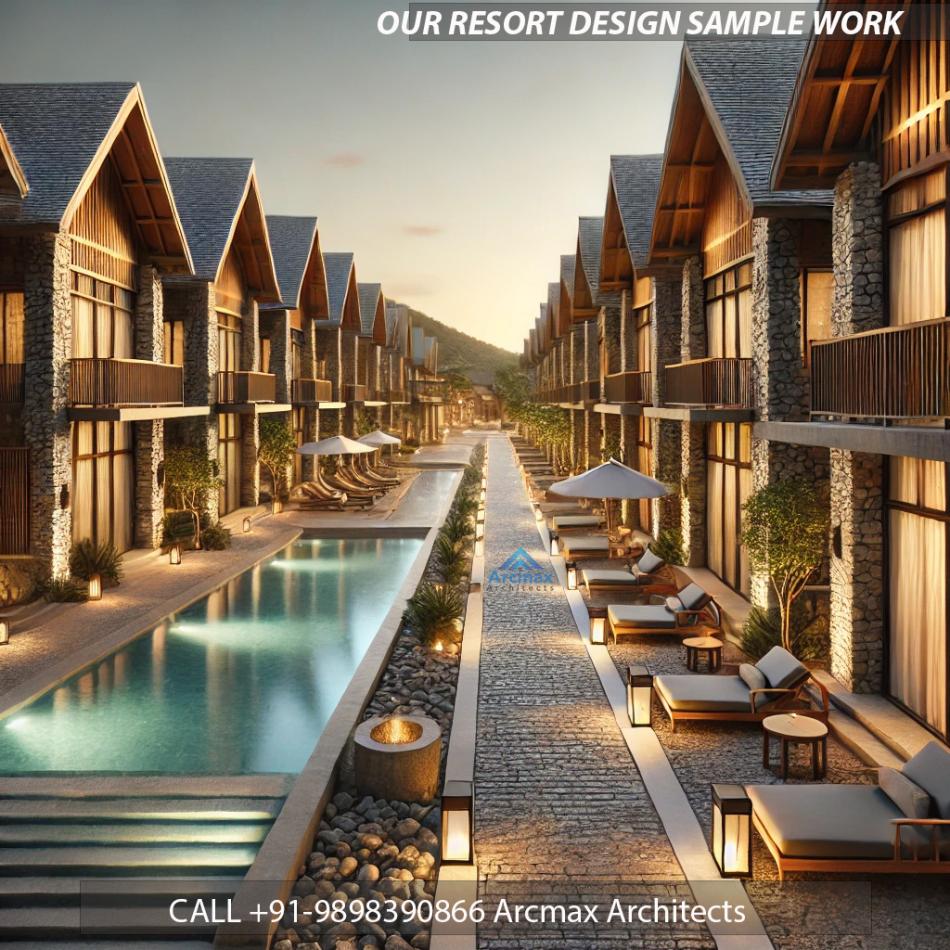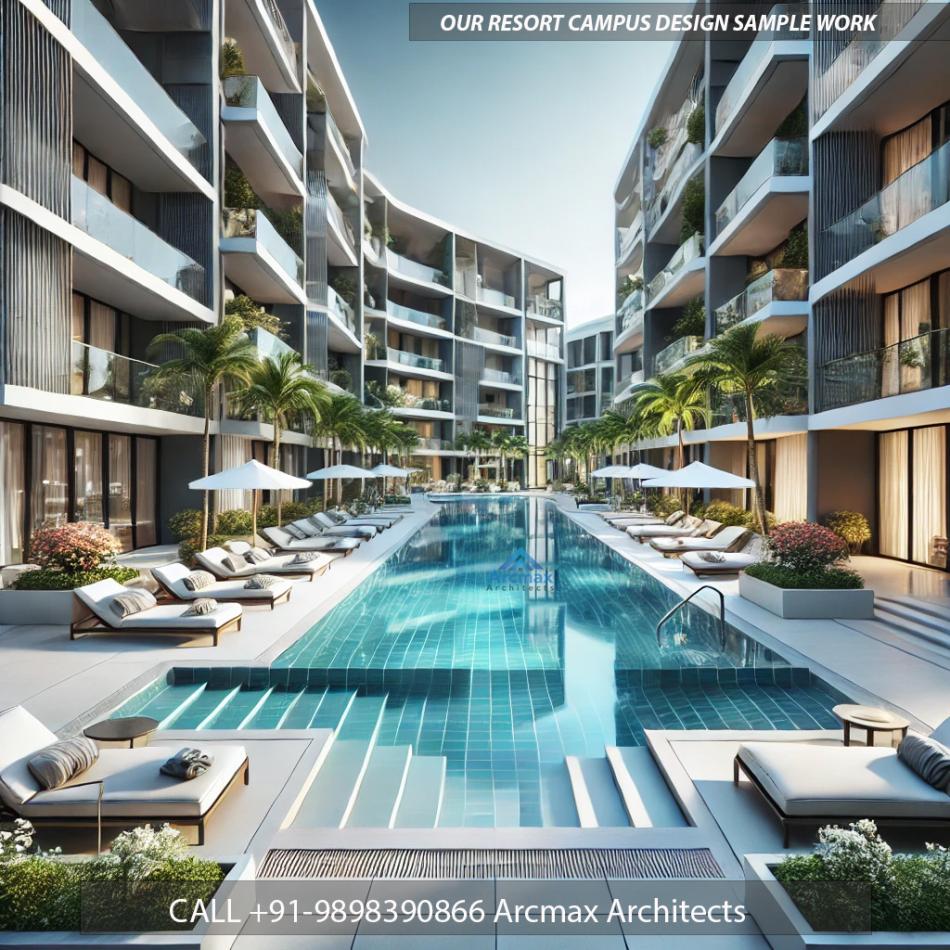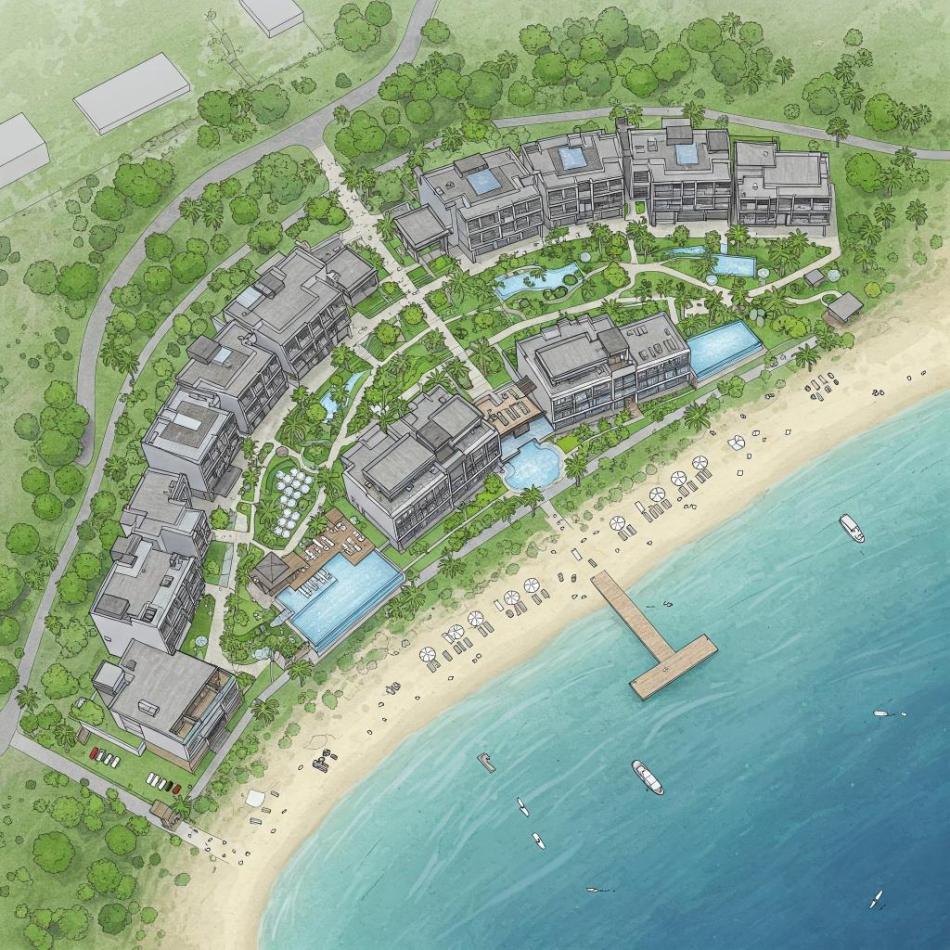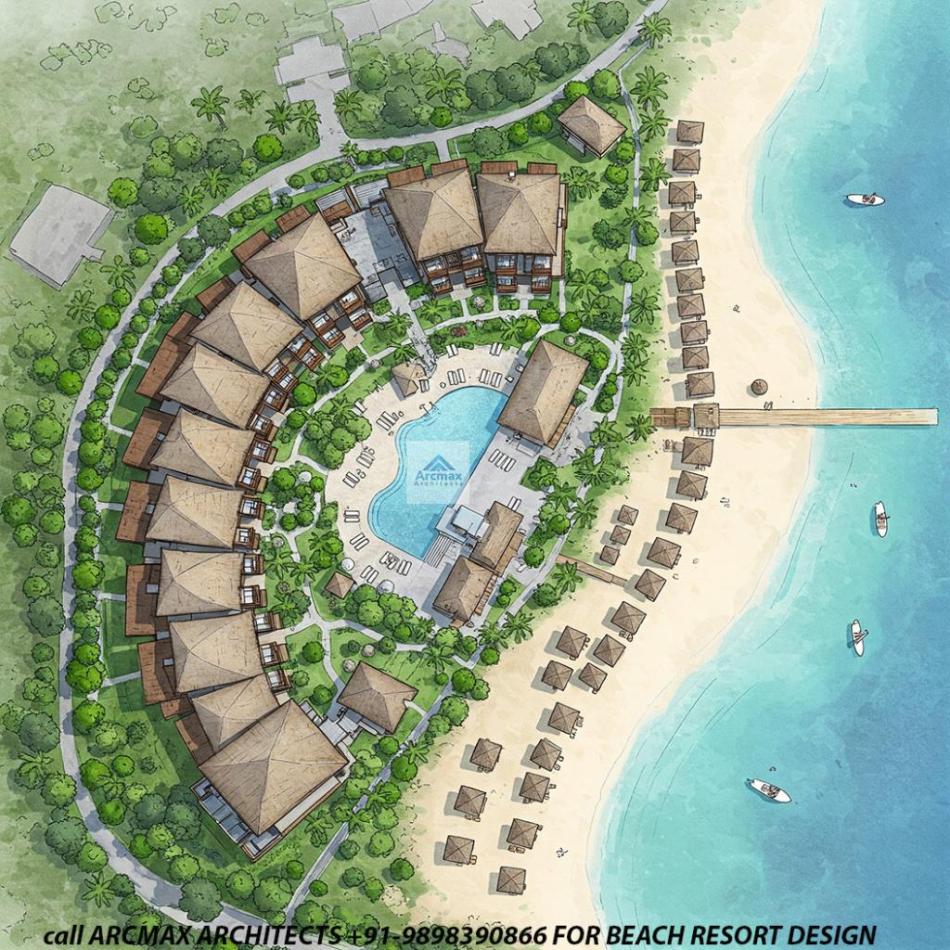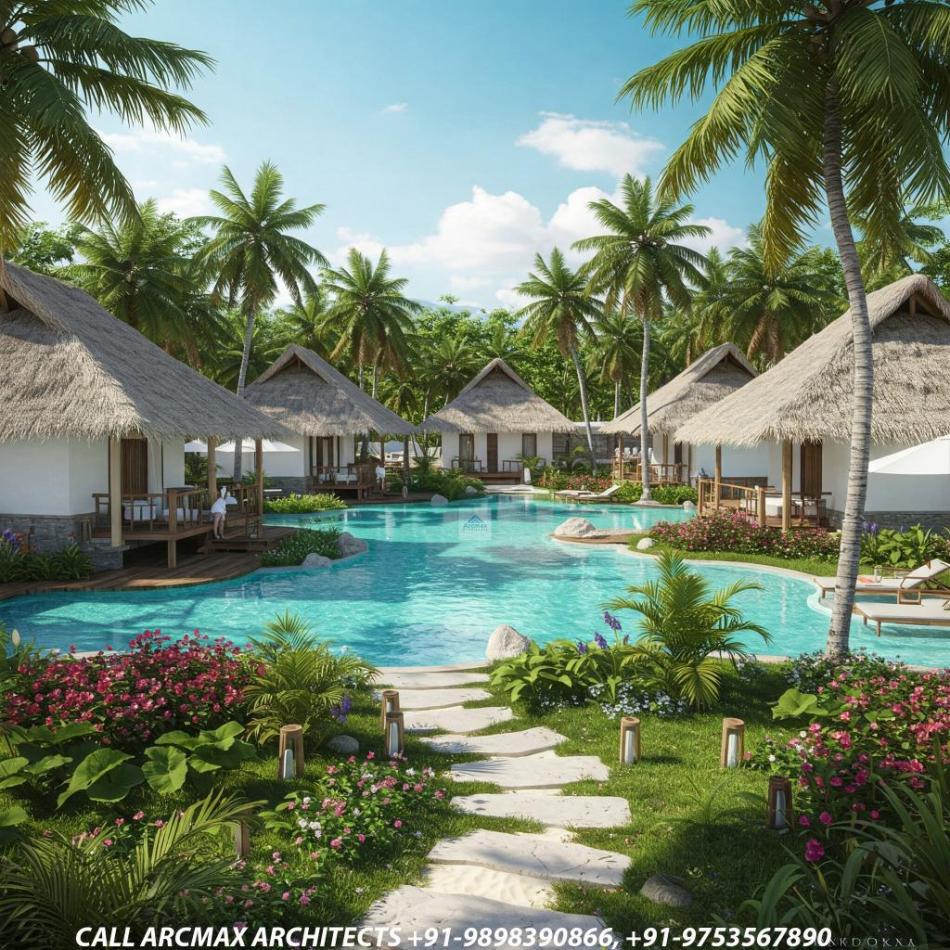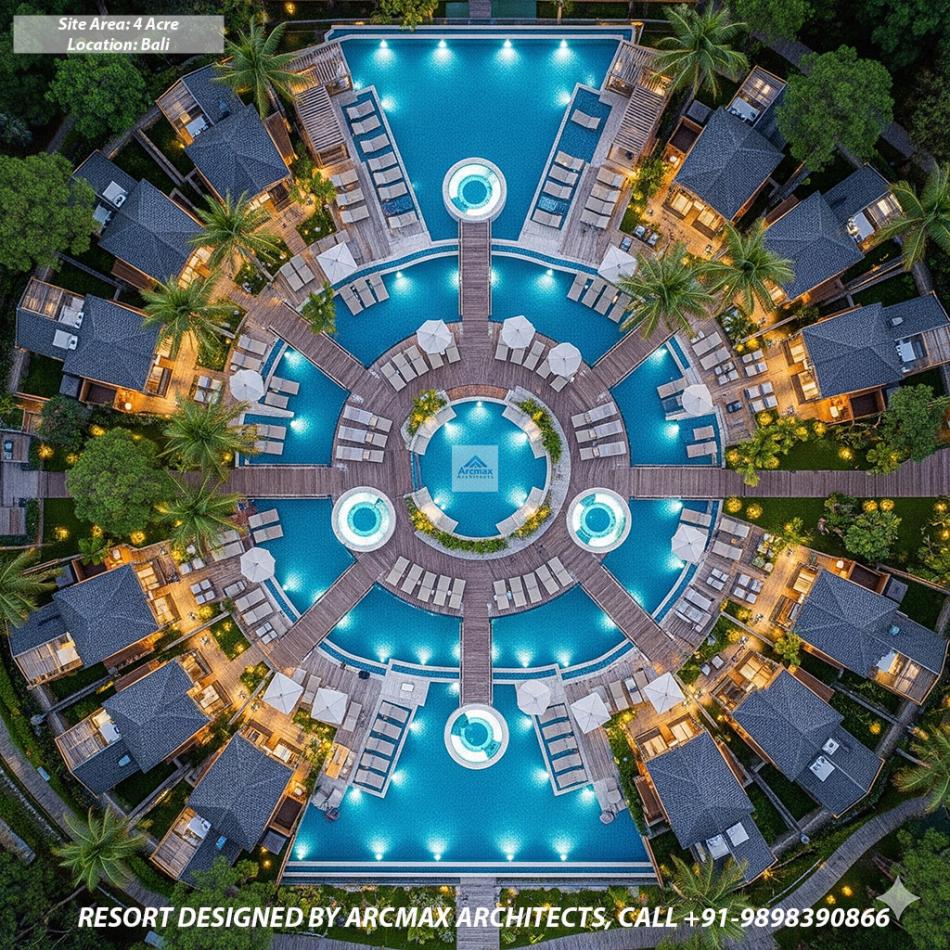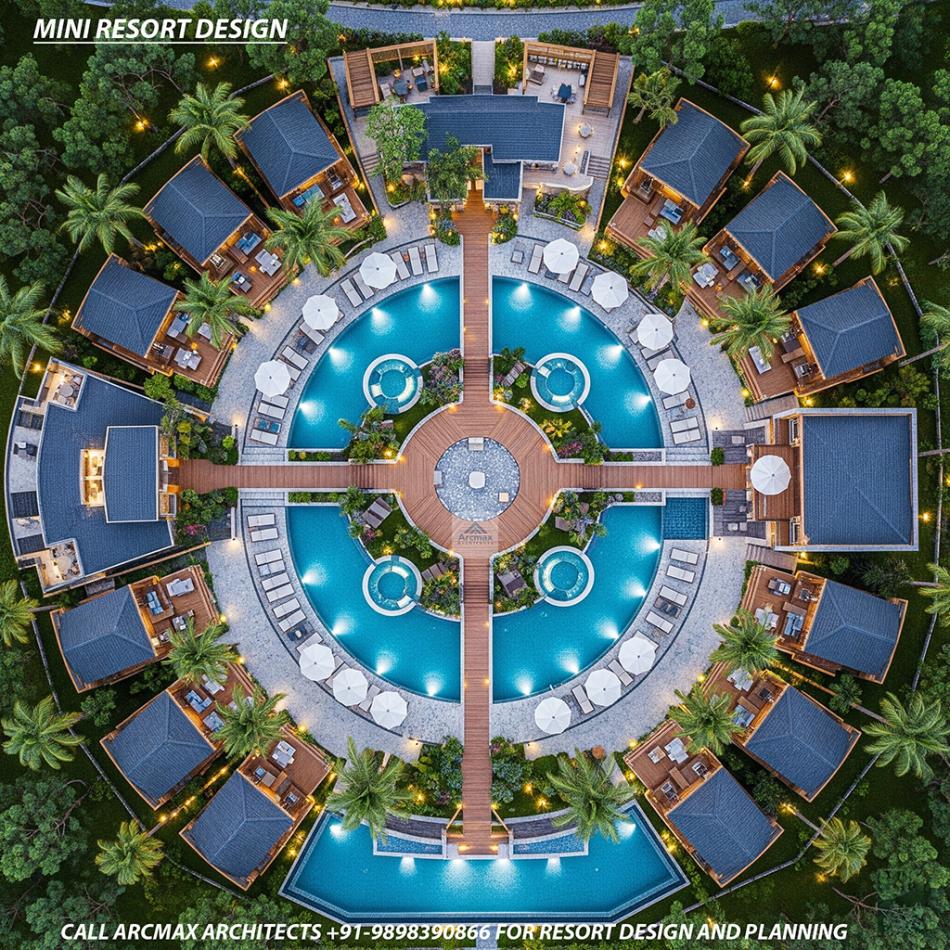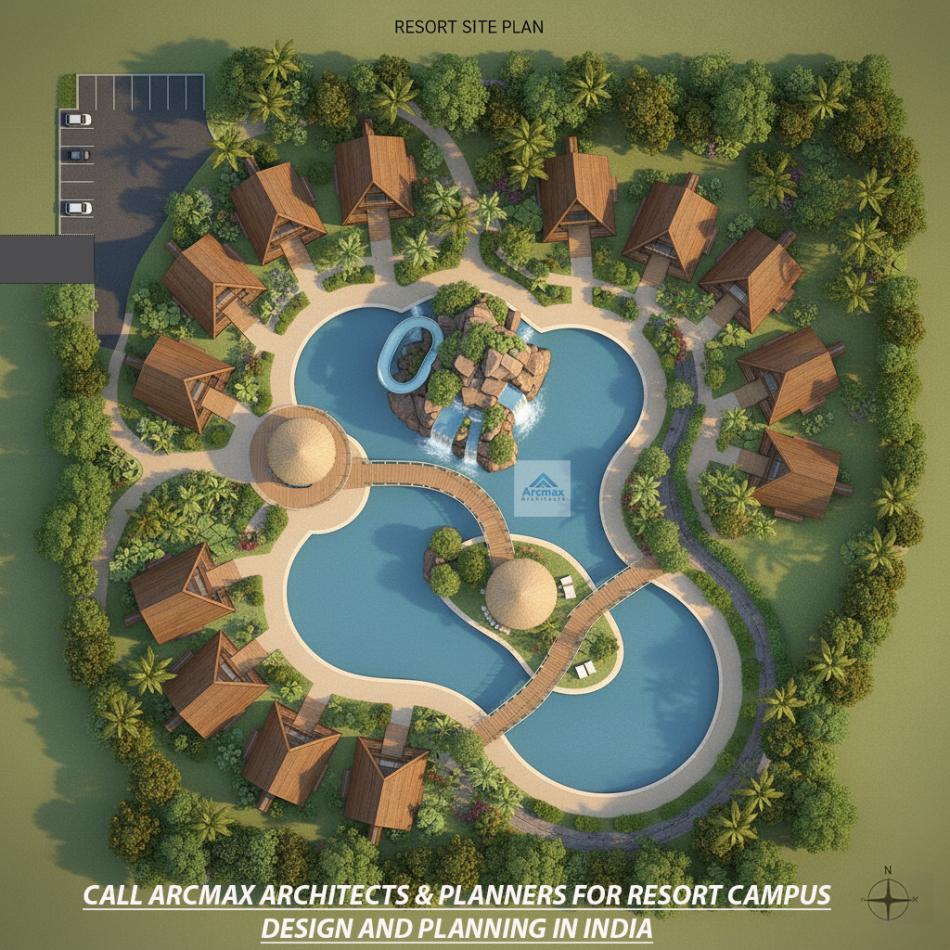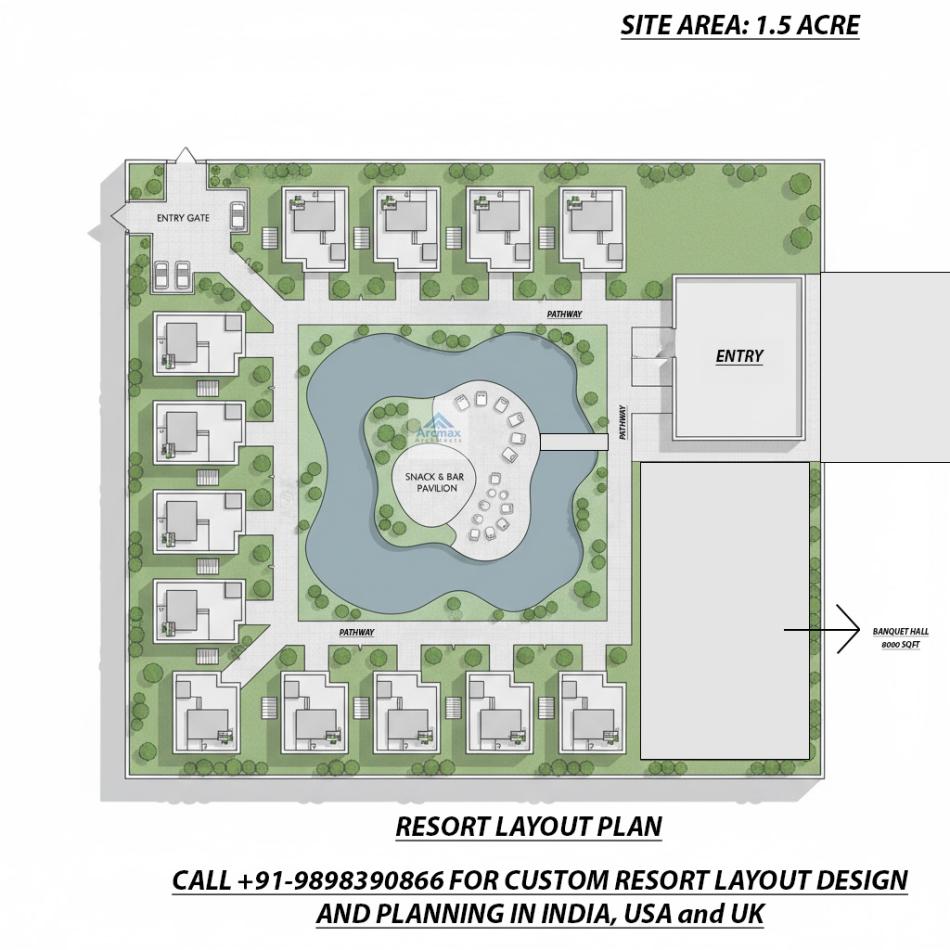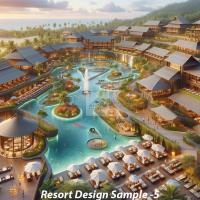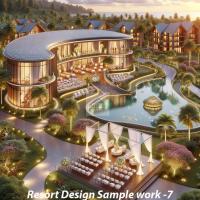Bakeri City, Pincode: 380015 Ahmedabad, Gujarat, India,
244 Madison Avenue, New York, United States
Our Client


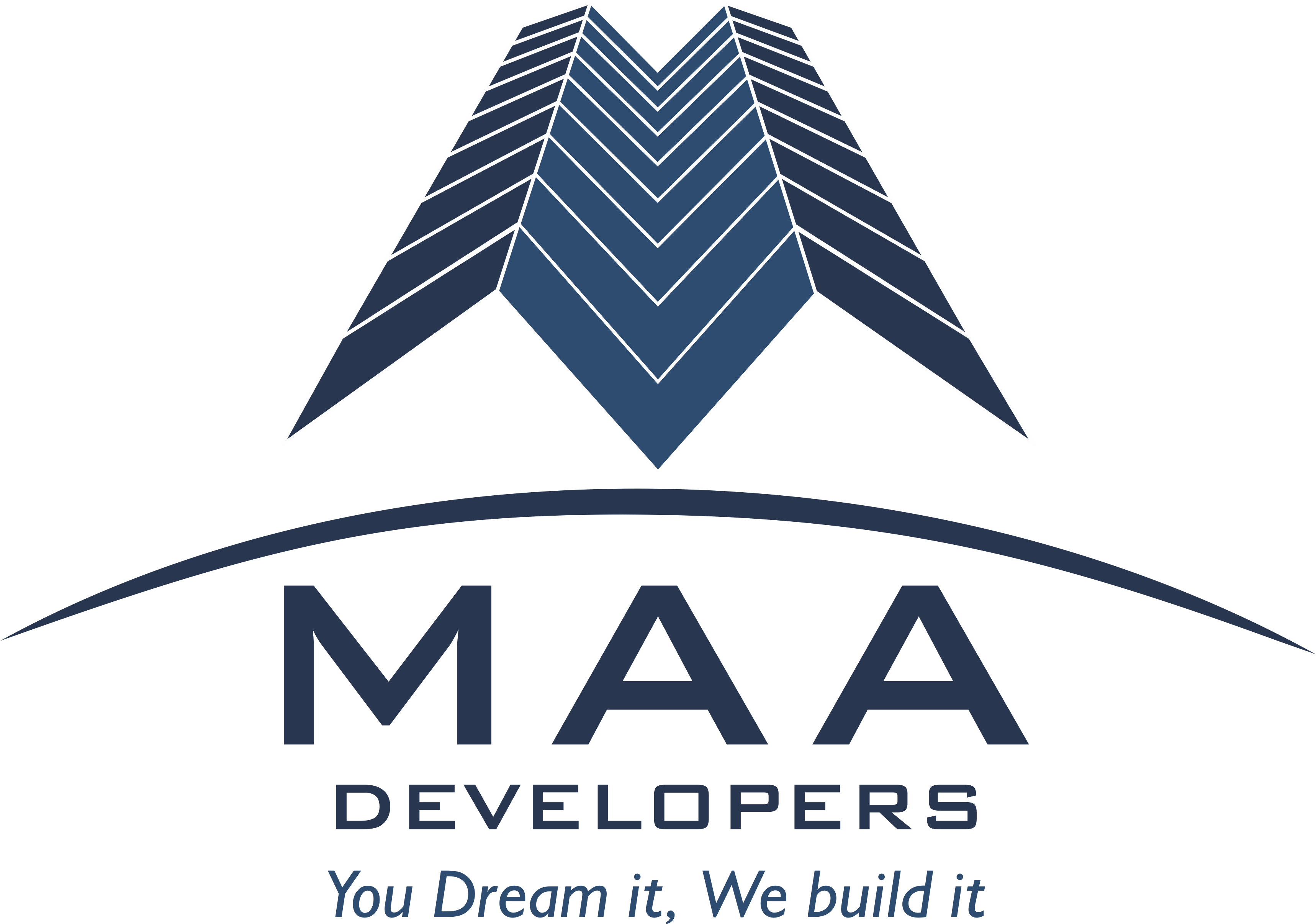



Resort Master Planning: Crafting an Unforgettable Destination
Resort Master Planning: Crafting an Unforgettable Destination
Resort master planning is a meticulous process that shapes the foundation of a world-class destination. It involves integrating architecture, landscape, and functionality to create an immersive experience for guests. A well-designed resort balances luxury, sustainability, and operational efficiency, ensuring that visitors enjoy a seamless and memorable stay.
Arcmax Architects: Your Partner in World-Class Resort Master Planning
At Arcmax Architects, we specialize in creating innovative and sustainable resort master plans that blend luxury, functionality, and environmental harmony. With expertise in site planning, zoning, eco-friendly designs, and guest-centric experiences, we ensure that every resort we design becomes a signature destination. Our approach focuses on seamless integration with nature, unique architectural themes, and strategic development to maximize both aesthetic appeal and operational efficiency.
Whether you're envisioning a luxury beachfront retreat, an eco-resort, or a hillside getaway, Arcmax Architects brings your dream destination to life with cutting-edge designs and expert planning solutions.
call +91-9898390866 and Let us help you create a resort that captivates and inspires!
Key Elements of Resort Master Planning
1. Site Selection and Analysis
The first step in resort planning is choosing an ideal location. Factors such as topography, climate, accessibility, and natural surroundings play a crucial role in determining the potential of the site. A thorough analysis helps in designing structures that complement the landscape while maximizing scenic views.
2. Zoning and Layout Design
A successful resort layout ensures smooth circulation, privacy, and accessibility. Key zoning elements include:
Accommodation Areas: Villas, suites, and guest rooms positioned for privacy and scenic value.
Recreational Zones: Pools, beaches, adventure parks, and activity centers strategically located for engagement.
Hospitality and Dining Spaces: Restaurants, cafés, and bars distributed for convenience and ambiance.
Wellness and Spa Retreats: Relaxation areas harmonized with nature for a rejuvenating experience.
Staff and Service Areas: Back-of-house facilities planned for efficient operations without disrupting guest experiences.
3. Sustainable and Eco-Friendly Design
Sustainability is a core aspect of modern resort planning. Some crucial eco-friendly considerations include:
Energy Efficiency: Solar power, natural ventilation, and LED lighting to reduce energy consumption.
Water Management: Rainwater harvesting, greywater recycling, and sustainable landscaping.
Eco-Conscious Materials: Use of locally sourced, biodegradable, and low-impact construction materials.
Preserving Natural Ecosystems: Designing around existing landscapes, minimizing deforestation, and integrating green spaces.
4. Guest Experience and Thematic Design
A resort must offer a unique theme that reflects the local culture and environment. Thematic elements, such as indigenous architectural styles, curated experiences, and immersive activities, enhance the resort’s identity and brand value. Guest experience is further enriched through personalized services, smart technology, and intuitive design.
5. Transportation and Connectivity
Efficient transportation infrastructure ensures smooth movement within and around the resort. This includes:
Well-planned pathways, bridges, and shuttle services.
Accessibility for differently-abled guests.
Parking and drop-off areas seamlessly integrated into the master plan.
6. Phased Development Strategy
Large resorts often develop in phases to optimize investment and adapt to evolving guest preferences. A phased approach allows for continuous enhancement while keeping operations efficient and financially viable.
Resort master planning is both an art and a science, requiring careful integration of design, functionality, and sustainability. A well-executed plan creates an enchanting retreat that leaves a lasting impression on visitors while maintaining harmony with nature and local communities. With innovative approaches and strategic planning, a resort can achieve global recognition and success.


